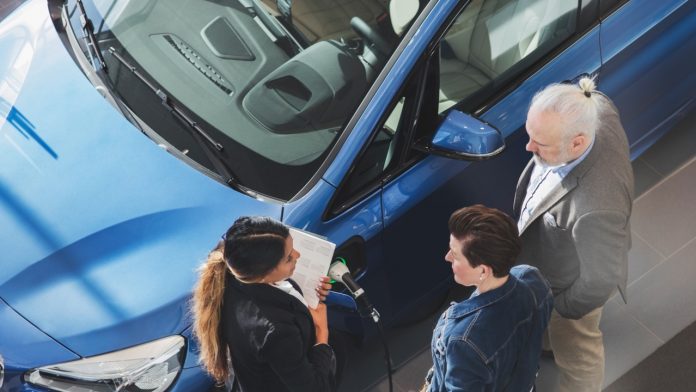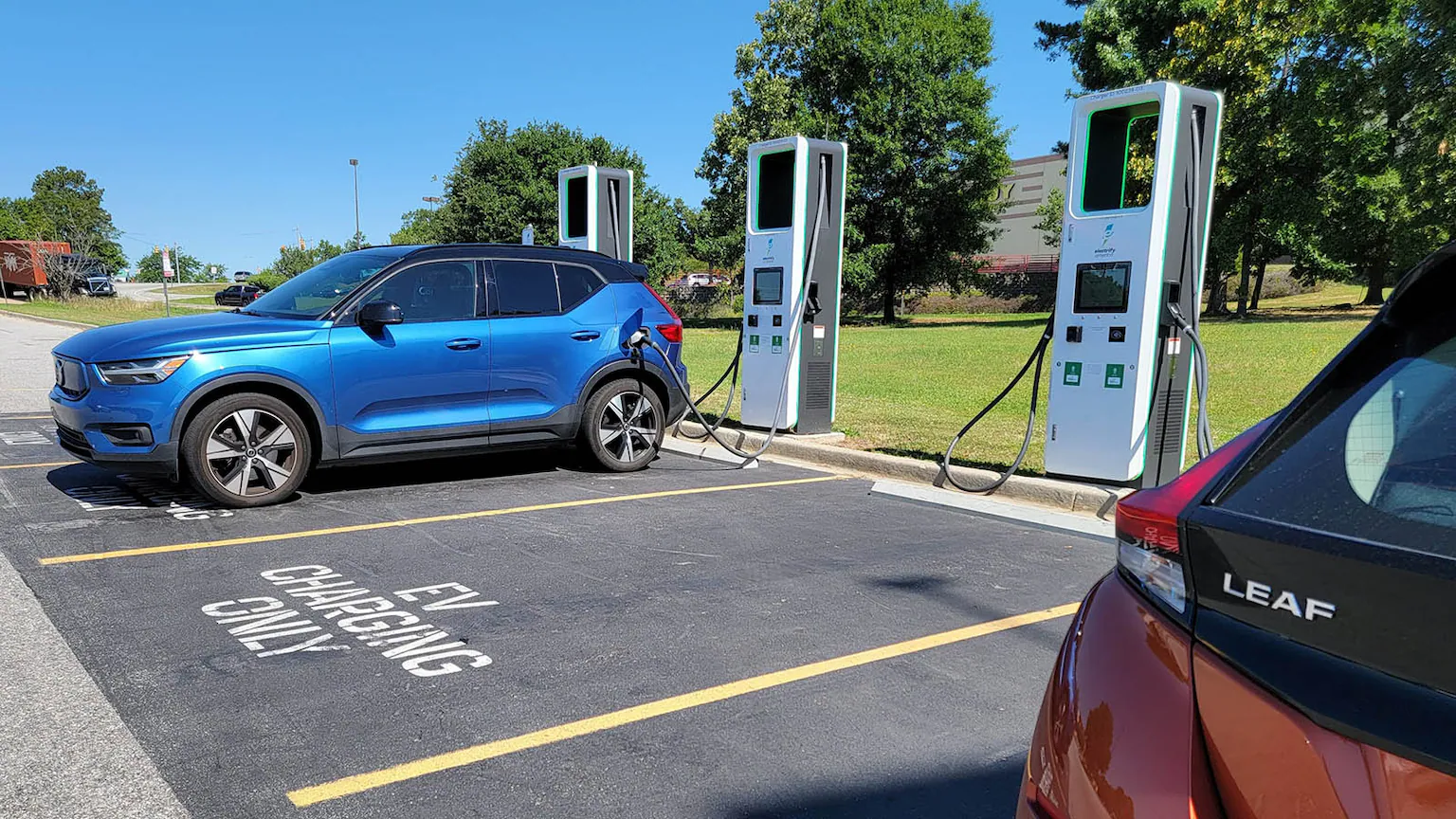As electric vehicles continue rolling into inventory, dealerships play a pivotal role in selling these vehicles and educating potential buyers about the ins and outs of EV ownership. Yet, the transition toward EVs is not without its challenges.
Dealerships are frequently faced with addressing common objections from consumers – range anxiety, concerns over charging infrastructure, perceived high upfront costs, and uncertainties around battery life. So, let’s investigate these objections and explore practical strategies your team can employ to satisfy and instill confidence in potential buyers.
Addressing Range Anxiety
Perhaps one of the most frequent concerns is range anxiety. The fear that an EV will run out of power before reaching its destination can significantly deter potential buyers. A recent Autolist survey showed range anxiety concerned 44% of the 1350 car shoppers. Dealerships can mitigate this concern by accurately informing customers about the realistic ranges of different EV models.
Discussing the average daily commute of drivers can help underline that most trips fall well within the range of the average EV. Additionally, highlighting advancements in EV technology that extend range can provide assurance to potential buyers.
Charging Infrastructure Concerns
The state of charging infrastructure is another critical concern for potential EV owners mentioned by 36% of the Autolist participants. Understandably, customers worry about the accessibility and availability of charging stations, especially for extended trips or in less urban areas.
Dealerships can alleviate these concerns by providing detailed information about the growing charging network, emphasizing home charging solutions, and explaining public charging options. Discussing partnerships between auto manufacturers and charging station providers may also provide reassurance.
Addressing Upfront Costs and Battery Life
As some KIA Ioniq 5 owners can attest, another roadblock on the path to EV adoption is the fear of potential battery issues and replacement expenses.
As for battery life, it’s vital to clarify that while EV batteries degrade over time, most manufacturers offer extensive warranties. Furthermore, technological advancements are continually extending the lifespan of EV batteries, which should be a crucial part of your dealership’s EV education.
And yes, 48% of surveyed potential EV buyers said EVs were too expensive. Here, dealerships can play a vital role in helping customers understand the long-term financial benefits of owning an EV, such as lower fuel and maintenance costs over an extended time. But even that economic benefit is quickly disappearing.
According to the NADA, “Kelley Blue Book calculates the five-year cost to own a vehicle, which includes all vehicle-related costs a consumer will likely have within the first five years of ownership. The data pulled from the first week of February in 2023 shows that EVs cost consumers an average of $65,202 during this time period, while ICE vehicles cost $56,962.”
Adding to the cost is insurance. The NADA also said, “The average cost of collision and liability insurance for EVs is $6,824; ICE vehicles average to $5,707.”
Be Honest and Proactive
Successfully navigating these objections requires a clear understanding of customer concerns and an honest yet proactive approach to addressing them. Dealerships must position themselves as knowledgeable and trusted allies in the EV transition, ready to provide accurate and helpful information.
It’s okay to admit that, with some customers, an EV purchase may not be best for them. But as the EV market continues to grow, advancements in technology and infrastructure will help assuage many current concerns. However, dealerships’ guidance and commitment to education will make customers more comfortable switching and staying with EVs.



 Read more:
Read more: 